Search Results
133 records found
Machine Gun Preacher [video]
Here’s my 30-second take on Machine Gun Preacher. See also my related interview with Sam Childers.
Machine Gun Preacher: Sam Childers Talks About His Biopic, His Life and His Work in Sudan
In 1998, a former gang biker named Sam Childers joined a church mission trip to the Sudan to help repair huts damaged in the Second Sudanese Civil War. Most of the people on that trip finished their charitable labors and left Africa behind, but Sam didn’t — not completely.
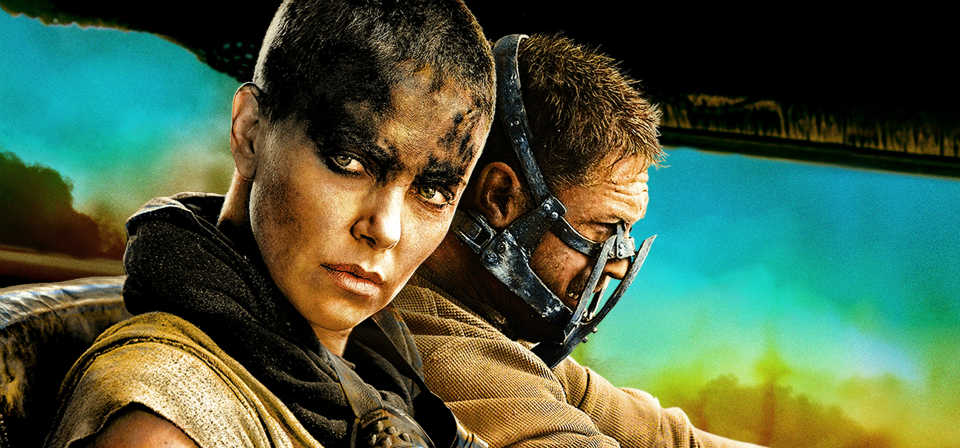
Mad Max: Fury Road (2015)
In the first act of Mad Max: Fury Road, Tom Hardy’s Max spends more time than you might expect strapped helplessly to the front of a turbo-charged Chevy coupe, maniacally driven by a fanatic through a hellish landscape, an unwilling witness to the chaos ensuing around him. Sitting in the theater, I felt about the same way, I think.
Madagascar 2: Escape 2 Africa (2008)
Madagascar 2 not only recalls Happy Feet’s satire of religion, it also makes the latter’s coy coming-out subtext look tame compared to its own overt running theme of sexual diversity.
Madagascar 3: Europe’s Most Wanted (2012)
I blame the penguins for Madagascar 3: Europe’s Most Wanted.
Magic in the Moonlight [video] (2014)
Watching Woody Allen’s latest, starring Colin Firth and Emma Stone, is like watching your uncle doing a card trick you’ve seen him do a hundred times.
Maid in Manhattan (2002)
He’s a wealthy, unattached scion of a political dynasty; she’s a hard-working maid whose mother and workplace "sisters" discourage her from yearning for more. An updated "Cinderella" story in the Pretty Woman mold, Wayne Wang’s Maid in Manhattan (Columbia) makes agreeably diverting viewing for most of its 105-minute running time, though after the magic runs out at midnight the movie meanders through an autopilot resolution that lacks a glass slipper.
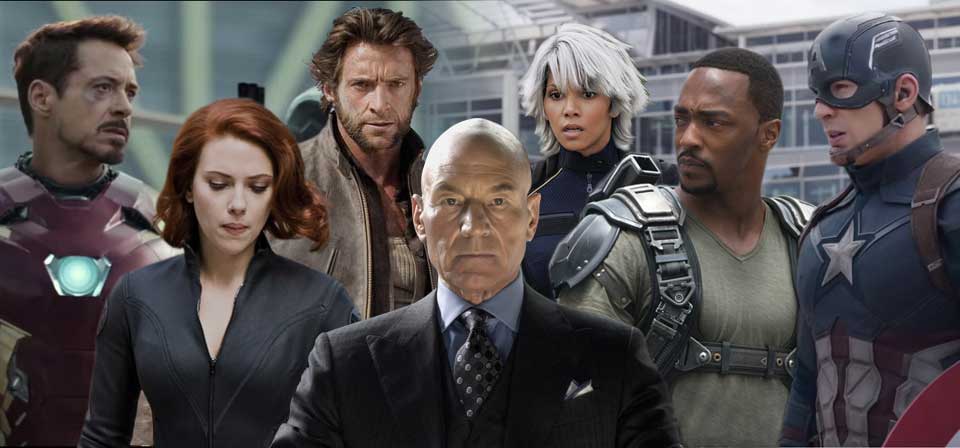
Make Mine Marvel
The modern era of superhero movies was arguably inaugurated by two films: Bryan Singer’s 2000 X-Men and Jon Favreau’s 2008 Iron Man.
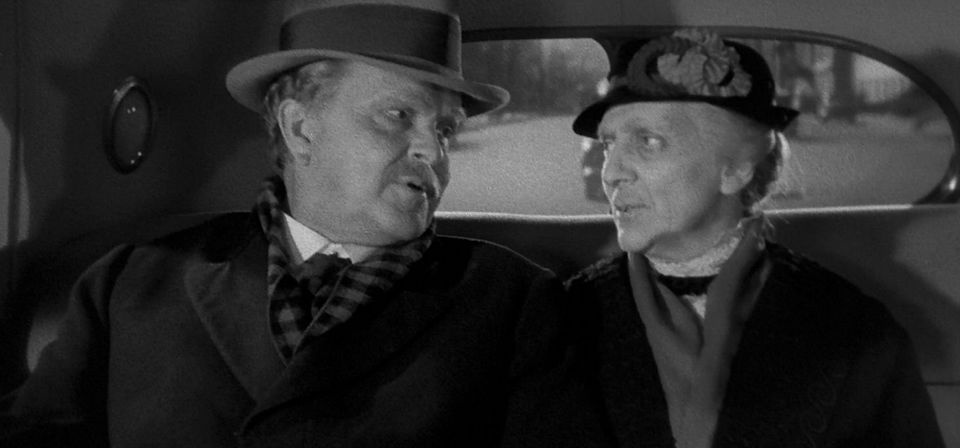
Make Way for Tomorrow (1937)
Any time I run across a list of movies people probably haven’t seen but should, one title I look for is the Catholic director Leo McCarey’s forgotten humanist masterpiece Make Way for Tomorrow.
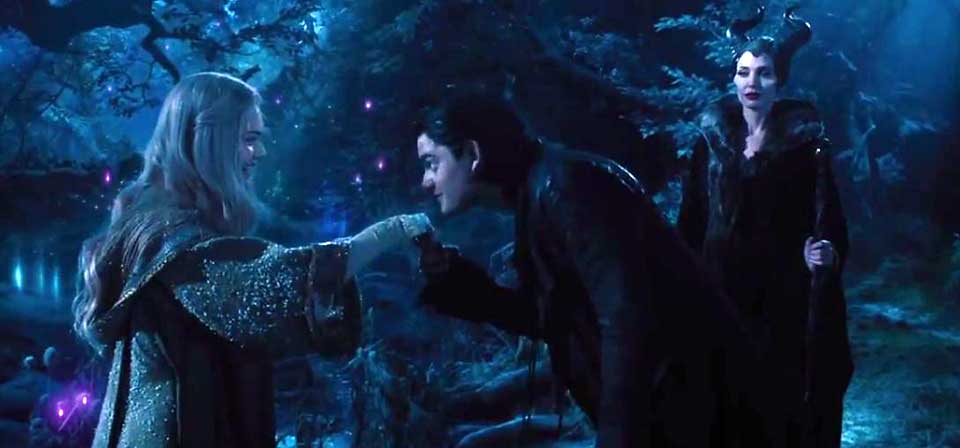
Maleficent (2014)
It’s fair to say that Disney’s Maleficent plays to an extent as warmed-over Frozen. This is not a good thing, even, I think, if you are a fan of Frozen.
![Maleficent [video]](/uploads/articles/maleficent.jpg)
Maleficent [video] (2014)
Angelina Jolie is perfect for the part of Disney’s most iconically evil villainess. If only they’d let her play it for more than one scene.
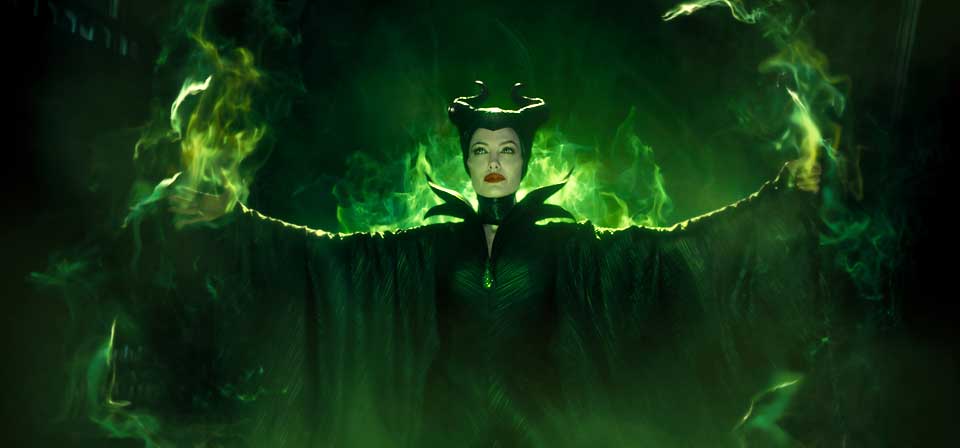
Maleficent, Rape and Sympathy for the Devil
A story like this demands to be seen through the lens of what biblical scholars call “redaction criticism,” which basically means “What was changed, added or deleted in this retelling of the story, and what do those changes tell us about the storyteller’s intentions and outlook?”
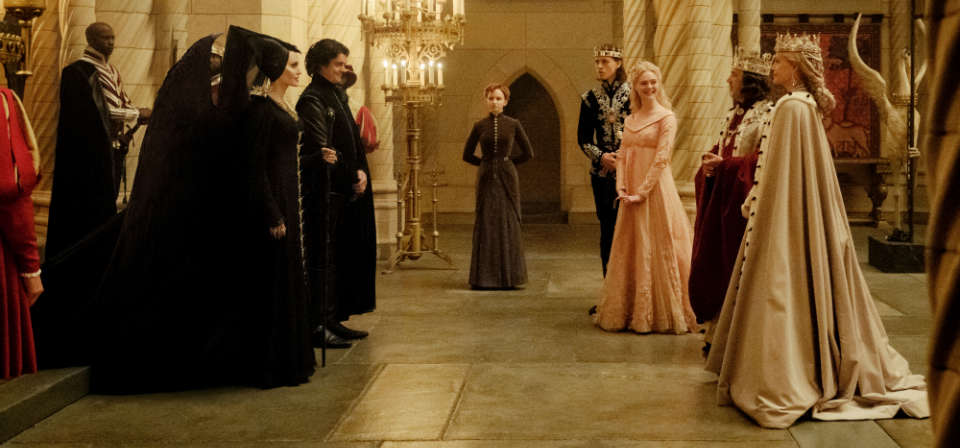
Maleficent: Mistress of Evil (2019)
It’s tempting to suppose that Maleficent: Mistress of Evil opening in the wake of Columbus Day isn’t a coincidence.
A Man Escaped (1956)
As he did in his prior Diary of a Country Priest, Bresson faithfully adapts his source material, but he also appends a subtitle to A Man Escaped — The Wind Blows Where it Wills, an allusion to Jesus’ discourse in John 3 about being born of water and the Spirit — and rechristens the protagonist (whose real name was André Devigny, and is played by François Leterrier) “Fontaine,” fountain. Clearly, like Diary, A Man Escaped is intended as a reflection on spiritual bondage, rebirth, and the mysteries of grace and providence, as much as about stone walls and iron bars.
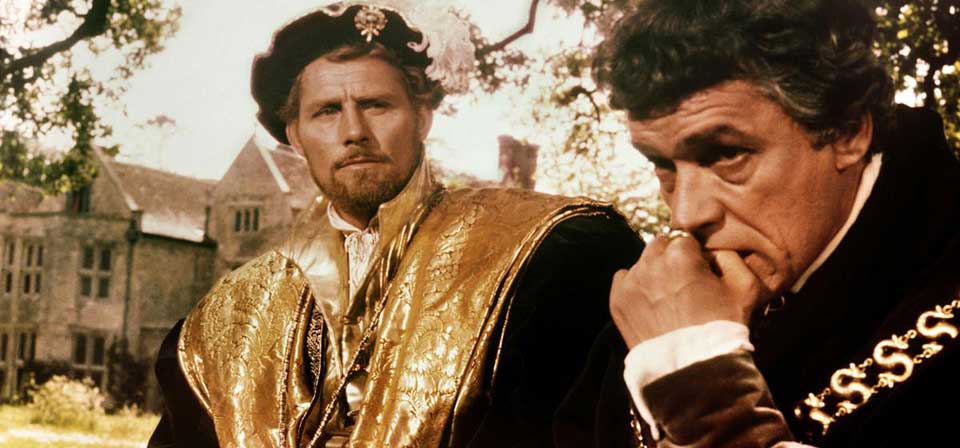
A Man for All Seasons (1966)
The screenplay, well adapted by Robert Bolt from his own stage play, is fiercely intelligent, deeply affecting, resonant with verbal beauty and grace. Scofield, who for years starred in the stage play before making the film, gives an effortlessly rich and layered performance as Sir Thomas More, saint and martyr, the man whose determined silence spoke more forcefully than words, and who then spoke even more forcefully by breaking it.
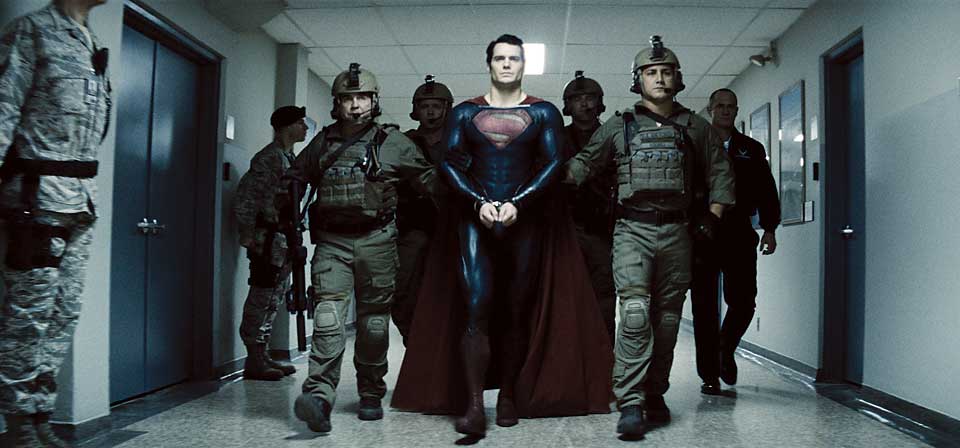
Man of Steel (2013)
To borrow a line from Man of Steel producer Christopher Nolan’s The Dark Knight: This isn’t the Superman movie we need, but it’s the one we deserve.
Man of Steel [video]
A Superman movie for our times — but is that a good thing? Man of Steel: my “Reel Faith” 60-second review.
Man on Fire (2004)
"In the Church they say to forgive," one character observes dubiously. But in Creasy’s book, to forgive is divine, to mutilate and butcher human. "Forgiveness is between them and God," he says, conveniently overlooking the relevant biblical injunctions even though we know he can quote chapter and verse when he wants to. "My job is to arrange the meeting." We know we should agree with Creasy, because his murderous rampage is scored by a cool rock soundtrack and sanctified by a mother’s kiss. That’s got to be righteous.
Man on the Train (2002)
Thanks to the skills of director Patrice Leconte, L’Homme du train (Man on the Train) would have made an excellent silent film, except that we would have missed the enchanting tones of Jean Rochefort’s retired poetry teacher, Monsieur Manesquier. Manesquier talks like a schoolboy who has yet to leave behind his school days — his rich words and phrases touch on his dreams and wishes, and are charmingly tinged with sexual innuendo and self-deprecation. Rochefort’s characterization is perfectly complemented by Johnny Hallyday’s stoic career criminal, Milan, who responds to questions with either silence or sapient, terse words.
The Man Who Shot Liberty Valance (1962)
John Wayne and Jimmy Stewart. Two American icons that embody such different ideals that it’s almost inconceivable that they should both play heroes in the same film.
Recent
- Crisis of meaning, part 3: What lies beyond the Spider-Verse?
- Crisis of meaning, part 2: The lie at the end of the MCU multiverse
- Crisis of Meaning on Infinite Earths, part 1: The multiverse and superhero movies
- Two things I wish George Miller had done differently in Furiosa: A Mad Max Saga
- Furiosa tells the story of a world (almost) without hope
Home Video
Copyright © 2000– Steven D. Greydanus. All rights reserved.